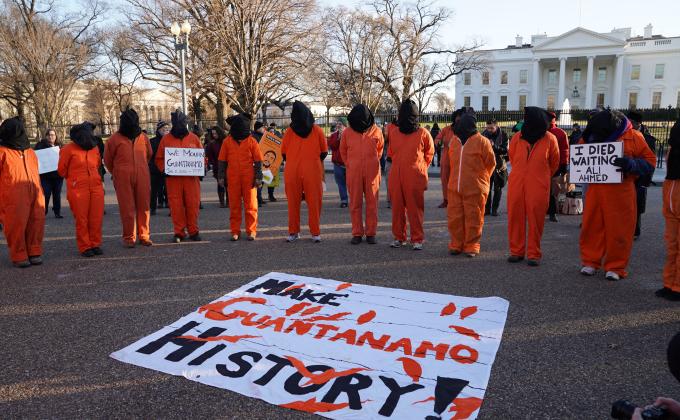This report is a project document of ICCT's Rehabilitation and Reintegration project and has been produced in collaboration with UNICRI.
The violent conflict in Mali, initiated in 2012, is complex and continuously evolving: the groups involved include terrorist organisations such as Al Qaeda in the Islamic Maghreb (AQIM), Mouvement pour l’Unicité and le Jihad en Afrique de l’Ouest (MUJAO), Ansar Dine, its affiliate Macina Liberation Front (MLF), and Al Mourabitoune. As the number of extremist detainees has increased due to the country’s situation, it is important to consider issues that come along with this: how to deal with violent extremists when they are in prison? What different actors can play a role during this detention time? As most of the detainees will eventually be released, it is also important to take into consideration challenges linked to re-integration. This Action Agenda aims to address a number of these issues by outlining four Action Areas that currently deserve the attention of both national and international actors in order to efficiently deal with problems associated with detaining Violent Extremist Offenders (VEOs).
In August 2016, UNICRI conducted an assessment mission in Mali to present its programme on Rehabilitation & Reintegration of Violent Extremist Offenders, developed within the framework of the UN Counter-Terrorism Implementation Task Force (CTITF). The presentation was addressed to key national and international stakeholders and aimed to ensure their engagement. From September 2016 onwards, ICCT and UNICRI joined their efforts in Mali on Reintegration and Rehabilitation (R&R) of violent extremists. Three trainings have been jointly organised so far: first, a training on the psychological aspects of violent extremism for prison staff in the Central Prison of Bamako (December 2016); second, a training for religious leaders on radicalisation (April 2017); and third, a training on risk assessment with a special focus on violent extremism for personnel of the National Prison Administration, DNAPES (August 2017). These training workshops have been designed in close consultation with national authorities and international partners, such as the Justice and Correction Section of the United Nations Multidimensional Integrated Stabilization Mission in Mali (MINUSMA/JCS).
Throughout the needs assessment mission and training workshops, and in consultation with different actors on the ground, ICCT and UNICRI have identified four target areas that deserve the attention of both national and international actors, namely (1) increasing awareness of the causes and consequences of violent extremism in the Malian context, (2) intake and risk assessment of violent extremist offenders, (3) empowerment of youth leaders, and (4) disengagement of VEOs through vocational training and engagement of communities through dialogue sessions in prison. These areas will be further discussed below, outlining specific actions recommended to increase capacity building, intensify inter-agency cooperation and coordination, and design and implement an R&R program, all using research to ensure that actions are tailored to local needs and guided by an evidence-based approach.
This Action Agenda is composed of three sections: the first briefly discusses the background of the conflict in Mali as well as some of the issues faced in Mali with regards to VEOs in prison. The second section describes the four Action Areas and outlines proposed activities to address concerns and needs identified by ICCT and UNICRI throughout the initiatives implemented by both organisations so far. Finally, next steps and recommendations will be discussed.
Read the Report (in French).









